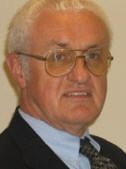Brian P. Sullivan, Ph.D.
In Memoriam
 Brian P. Sullivan, Ph.D., a senior economist and vice president at the Center for Forensic Economic Studies, died on December 26, 2007. Since 1987, he had consulted with attorneys in Philadelphia and nationally on economic issues arising in litigation and frequently testified in court as an expert witness.
Brian P. Sullivan, Ph.D., a senior economist and vice president at the Center for Forensic Economic Studies, died on December 26, 2007. Since 1987, he had consulted with attorneys in Philadelphia and nationally on economic issues arising in litigation and frequently testified in court as an expert witness.
Dr. Sullivan built a reputation as a brilliant analyst of complicated issues who could express his findings in clear, simple language. His courtroom demeanor was a model of modesty and good humor, yet he was known to be merciless when cross examined by an opposing attorney.
An attorney defending the Southeastern Pennsylvania Transportation Authority in an employment suit found this out, to his dismay. Sullivan was testifying for the plaintiff. Cross examining Sullivan, the attorney asked Sullivan where he got his data on SEPTA finances. Sullivan replied that he was a daily SEPTA commuter and had received the information in a pamphlet passed out on the train. “You relied on a simple handout to commuters?” the attorney asked. “Why, yes,” Sullivan replied. “Would SEPTA deliberately deceive its passengers?”
In the landmark 1994 election-law case Marks v. Stinson, Sullivan used statistical analysis to show that voting fraud had occurred in a Pennsylvania state senate race. The court agreed with Sullivan’s findings — the analysis was characterized by Federal District Court Judge Clarence Newcomer as “eloquent.”
While working at the Center for Forensic Economic Studies, Sullivan lectured on law and economics at Temple University’s James E. Beasley School of Law.
Sullivan grew up in Avoca, Pa. and attended King’s College in Wilkes-Barre. Sullivan earned his doctorate in Microeconomic Theory and Econometrics at the University of North Carolina at Chapel Hill.
He received University of North Carolina and National Defense Education Act (NDEA) fellowships. He received a Ford Foundation grant for the study of economic education at the University of Indiana.
Prior to joining The Center for Forensic Economic Studies, Sullivan served in a senior management position at a regional telephone company where he directed analyses of regional teleports, state utility rate structures, and Federal antitrust activity in relation to the AT&T divestiture.
Sullivan also served as an economist with the Federal Reserve Bank of Dallas, Texas, as an economist with the Federal National Mortgage Association (Fannie Mae), and as a Senior Economist at the American Petroleum Institute.
While working at the Center for Forensic Economic Studies, Sullivan lectured on law and economics at Temple University’s James E. Beasley School of Law.
